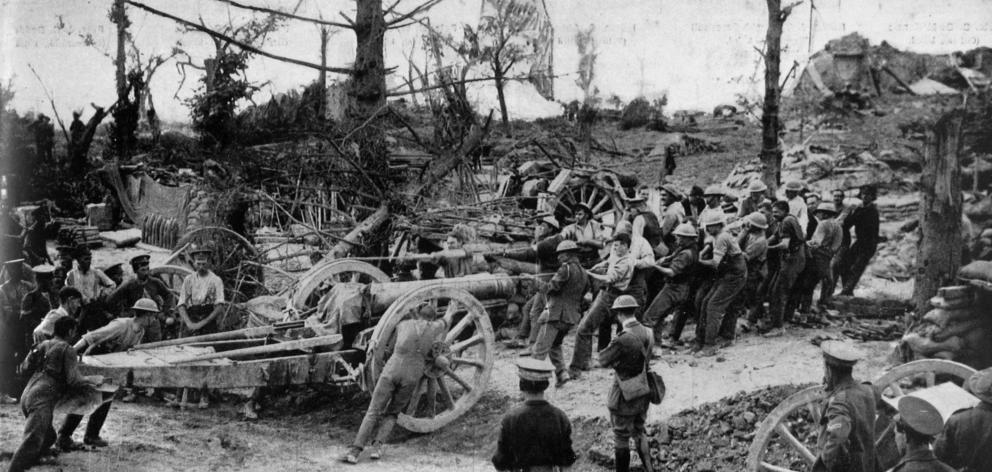
Needless to say, they both express their indignation that students in dentistry should have to spend a long time at a place so distant from Auckland as Dunedin is in order to complete their course, and they point to the shrinkage which the war has caused in the matter of students at the Dental School as a proof that the course is too ''costly and difficult'', and that it is time that, as the Auckland Star puts it, ''the Dunedin monopoly will have to be broken down''.
Whether the Auckland University College possesses facilities for providing the greater part of the training that is necessary for dental students, so that the duration of the course in the Dental School at Dunedin might be reduced to one year, is a question which the University Senate may be called upon to settle.
But it is apparent that it is not merely a reduction of the term of study at Dunedin that is desired, but that a modification of the tests of proficiency is aimed at.
District nurses
Who are the district nurses? Under what auspices do they work? What do they do? Notwithstanding that this district work has gone on quietly in their midst for twelve years, probably 80 per cent of the people of Dunedin could not answer these questions.
They are hospital certificated, State-registered nurses. They work under the auspices of, and are paid by, the St John Ambulance Association. Their work is to help in the nursing of the sick poor of Dunedin. It is an undenominational work, and purely philanthropic. The nurses' services are quite free, no matter how arduous and long their labour.
The Ambulance Association provides its nurses with an office and telephone, and with all the accessories in the way of dressings, ointments, liniments, etc., which are used in emergencies, or when patients cannot afford to buy them for themselves.
For ten years the St John Ambulance Association gave to the town the services of one certificated nurse. That nurse did splendid work, and is now in a military hospital in France.
When war broke out the society procured the services of an additional nurse, believing that the influx of wounded soldiers to the Hospital would cause congestion and an overflow there, and that its nurses might be able to render aid in this emergency to Hospital and town. This has proved to be the case.
Giant soldier
Private P. O'Connor, who stands 7ft 6in high, and weighs 20st 10lb, is said to be the tallest man in the British Army (remarks the Sydney Daily Telegraph). He returned to Sydney from Active service for the second time a few days ago. A special hammock had to be constructed for him, and his walking-stick would serve as a tent-pole.
His hand can stretch to two octaves on the piano. He has a twin brother of the same height as himself, who is a blacksmith in Canada.
Though he was placed as a guardsman at the High Commissioner's office in London for 18 weeks to advertise Australia, he is in reality an Irishman from Limerick. With pride he shows the marks of wounds received in Afghanistan, but is reticent of the part he has played in this war.
- ODT. 24.11.1917.
COPIES OF PICTURE AVAILABLE FROM ODT FRONT OFFICE, LOWER STUART ST, OR WWW.OTAGOIMAGES.CO.NZ












